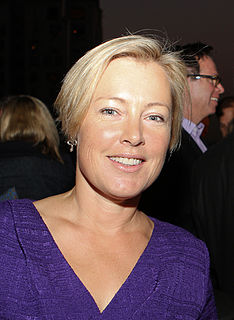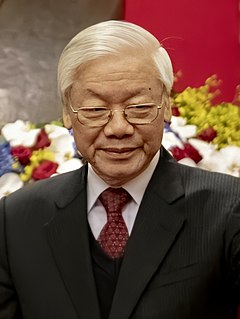A Quote by Gillian Tett
I think socialism is really about recognizing that there are limits to what the market can do. The market is very useful; at times it works very well, but it doesn't always work.
Related Quotes
The Middle East would always be an important trading partner in just a market sense, like America is a big market for us, Asia is a big market, Europe is a big market. You are going to have hundreds of millions of consumers there, from just a standard market point of view, from a very narrow American point of view.
What is it about a work of art, even when it is bought and sold in the market, that makes us distinguish it from . . . pure commodities? A work of art is a gift, not a commodity. . . works of art exist simultaneously in two “economies”, a market economy and a gift economy. Only one of these is essential, however: a work of art can survive without the market, but where there is no gift, there is no art.
The mistake managers often make is defining their industry too narrowly. Digital's market share in the minicomputer market stayed very robust even as it fell off the cliff. Disruption seems to come out of nowhere, but if you know what to look for, you can spot important developments well before the market does.
We mustn't fear to adopt the advanced management methods applied in capitalist countries. The very essence of socialism is the liberation and development of the productive systems. Socialism and market economy are not incompatible. We should be concerned about right-wing deviations, but most of all, we must be concerned about left-wing deviations.


































